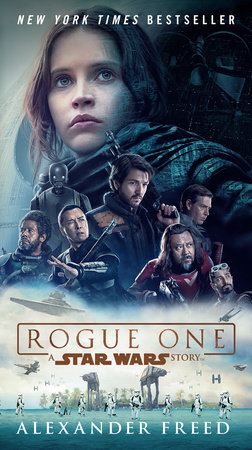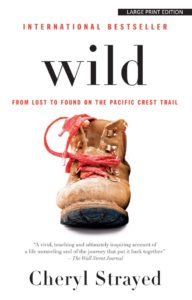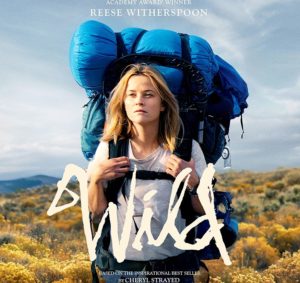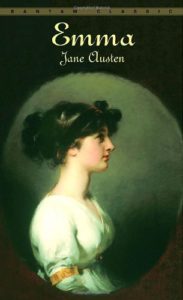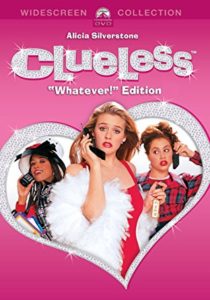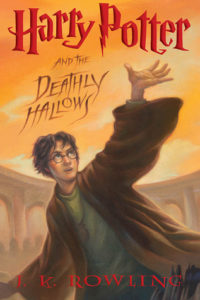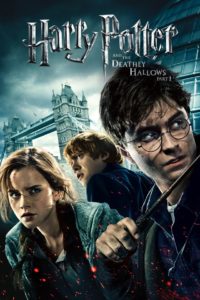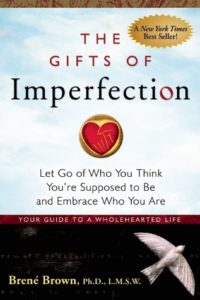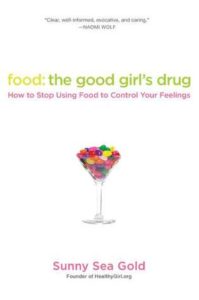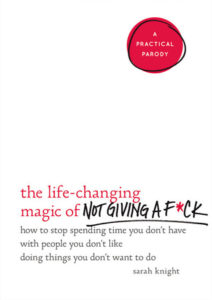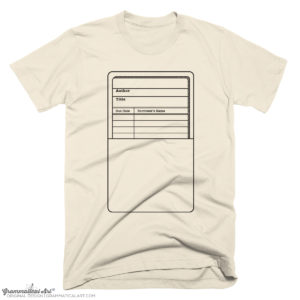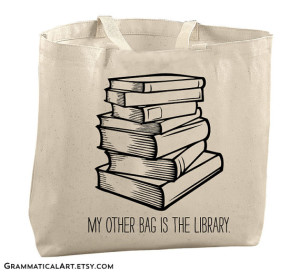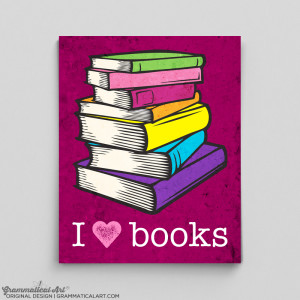A few months ago, I wrote a review for the true crime novel Born to Lose (check it out here), but what I didn’t mention was that I read the entire novel out loud. All four hundred pages of it.
And I don’t mean I read it out loud to myself. I had an audience (of one)—my mother.
She was with me when I picked the book up from the library. Since she loves true crime even more than I do, and it was a book neither of us had previously heard of, I read the summary on the back of the book to her. It apparently was enough to pique her interest because when I opened the book to start reading it—silently, to myself, as one would do normally—she said, “You can read it out loud if you want.”
We read the first five chapters that day.
By the time you’ve read five chapters out loud, you’ve committed.
After that first day, we read about twenty pages per day (I was on a time table to finish it by my Battle of the Books tournament). Sometimes while my mom was cooking or crocheting; sometimes while we just sat in the living room together, doing nothing but reading and listening. The last book my mom and I had read out loud together was Harry Potter and the Sorcerer’s Stone while I was still in elementary school, but we enjoyed reading Born to Lose together so much, we did it again, a few months later. (That time with Killers of the Flower Moon, another true crime novel I highly recommend.)
The days of reading aloud seem to disappear as we get older, which makes sense—we become confident individual readers; we develop varied interests. It’s also a consequence of the reality of adult life. Our schedules are busier, harder to coordinate; we have more responsibilities. It’s harder to carve out time to read at all.
But if you can swing it, it’s worth making it happen. Reading a book out loud with another person is another way to share a story—every plot twist, every reveal, every reaction—that doesn’t involve a screen. It’s your monthly book club, in real time. It’s different than listening to a podcast and less polished than listening to an audiobook. (Laughing at butchered mispronunciations is half the fun.) It takes a solitary activity and turns it into an experience you share. It makes you the storyteller.
As the weather gets colder and we head into the dreary dead of winter, it’s the perfect time to curl up with a good book, but you don’t have to do it alone. Grab your roommate, your best friend, your partner, your parents or your kids, and dive right in.
*If this song is now stuck in your head, I’m not sorry.

